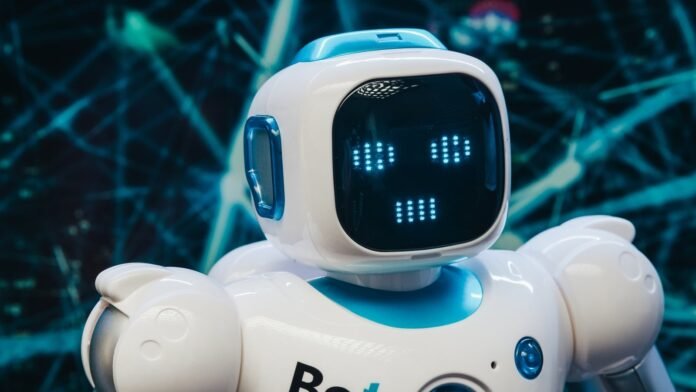Today, December 9, has become a monumental day in the artificial intelligence space as a major regulatory hurdle was crossed. After more than a year spent in debates, protests, and discussions, Europe has finally reached a provisional deal on landmark European Union (EU) rules governing the use of AI, popularly known as the AI Act. In other news, a poster on X highlighted that Grok, the xAI chatbot, leans left libertarian politically, after which Elon Musk responded that immediate steps would be taken to ensure the political neutrality of the AI chatbot. This and more in today’s AI roundup. Let us take a closer look.
Contents
EU reaches landmark deal for AI Act
On Friday, Europe reached a provisional agreement on significant European Union regulations concerning the use of AI, reported Reuters. The deal covers various aspects, including government employment of AI in biometric surveillance and the regulation of AI systems like ChatGPT. This move positions the EU as a frontrunner in implementing laws governing AI, making it the first major global power to do so. The agreement was achieved after nearly 15 hours of negotiations and followed an extensive 24-hour debate. The final legislation’s details are yet to be finalized, pending further discussions in the coming days, which may impact the ultimate shape of the regulations.
“Europe has positioned itself as a pioneer, understanding the importance of its role as a global standard setter. This is yes, I believe, a historical day,” European Commissioner Thierry Breton said in a press conference.
Elon Musk vows to make Grok politically neutral
Elon Musk has announced immediate measures to make his AI chatbot, Grok, more politically neutral, responding to observations that it expressed political views akin to ChatGPT. Research scientist David Rozado highlighted the similarity in the political compass test results of the two chatbots, indicating left-leaning and libertarian tendencies. Musk acknowledged the issue and pledged to address it promptly, emphasizing the importance of political neutrality in AI applications. The move comes after Rozado’s comparison showed Grok positioning further to the left than ChatGPT in the test.
Responding to Rozado’s post, Musk said, “That chart exaggerates the situation imo, but we are taking immediate action to shift Grok closer to politically neutral”. He later also highlighted, “This test does not seem accurate. Some of the questions are outright ridiculous and many lack any nuance”.
AI can be a game-changer in screening for heart conditions
Heart disease, the leading cause of death in the US, prompts innovative efforts at the Mayo Clinic in Minnesota, where AI is employed to screen for heart issues, as per a report by Fox Business. This initiative aims to enhance early detection and potentially save lives. Recent tragedies, including the death of a University of Minnesota-Duluth football team member from an undetected genetic heart condition, underscore the urgency of effective screening. AI, trained by cardiologists like Dr. Michael J. Ackerman, believes that AI can be a game-changer in treating heart conditions. At present, AI analyzes 12-lead electrocardiograms (ECGs or EKGs) to identify over a dozen heart conditions, offering a promising advancement in proactive heart health management.
SC judge voices concern over deepfakes
Supreme Court Justice Hima Kohli expressed concern about the rising issue of sexual harassment on social media and raised alarms regarding the impact of deepfake technology on privacy, security, and misinformation, reports PTI. Speaking at an event on harassment and discrimination, Justice Kohli noted the transformative role of social media in communication and its influence on reshaping harassment dynamics, especially in terms of gender-based power abuses.
“In parallel, the emergence of deepfake technology, a type of artificial intelligence, is a cause of deep concern. Its potential to create highly realistic content easily is ground-breaking in the realm of entertainment but it also raises alarms regarding privacy invasion, security risks, and propagation of misinformation,” she said.
Google working on an AI project to tell people’s life stories using phone data, photos
Google is working on a new Gemini AI project. Project Ellmann, named after literary critic Richard David Ellmann, seeks to develop a chatbot using users’ search results and photos to answer intricate questions about their lives, as per a report by The Verge. It categorizes life moments into chapters, allowing users to inquire about specific details like pet ownership or sibling visits. Google acknowledges Ellmann as an early internal experiment, stating they would prioritize user privacy if features like Ellmann are implemented in the future, revealed the report.
Source: tech.hindustantimes.com



